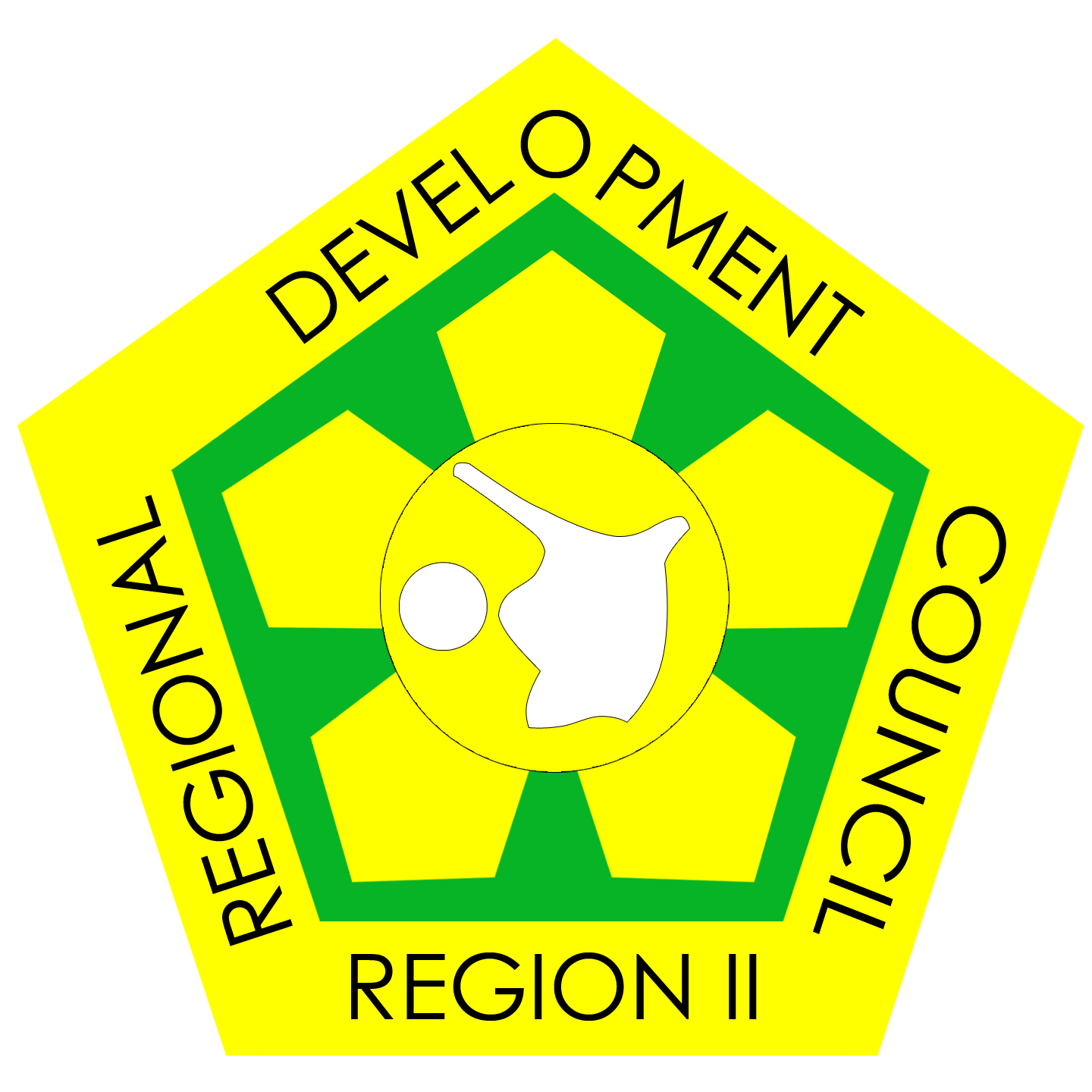The RPMES was established to facilitate project implementation, devolve project facilitation, problem-solving, and Monitoring and Evaluation to the regional, provincial, city, and municipal levels with the extensive participation of various agencies, local government units, and non-government organization. The RPMES covers all development projects – inclusive of Official Development Assistance (ODA) projects, undertaken by national government agencies, LGUs, state universities and colleges (SUCs), and government-owned and controlled corporations (GOCCs) at the regional, provincial, city, and municipal levels.
The Regional Project Monitoring and Evaluation System (RPMES) is one of the initiatives to mainstream the culture of M&E in the government. A series of issuances led up to its implementation including EO 308, MO 175, EO 376, RA 7160, EO 93, and NEDA MC 1-94. It primarily aims to facilitate program and project implementation, and devolve project facilitation, problem-solving, monitoring, and evaluation to the regional, provincial, city, and municipal levels
Specifically, the system aims to:
- o provide a system for the integration, coordination, and linkage of all monitoring activities in the region
- to provide up-to-date and relevant information on the overall status of project implementation at each level for timely program/project adjustments, planning, and budget allocation
- institutionalize problem-solving sessions (PSS) as a mechanism to address issues and concerns related to the implementation of programs and projects; provide information on lessons learned in project implementation for planning, budgeting, and implementation of future similar projects;
- to assess and ascertain whether projects implemented are supportive of regional development goals and plans as well as national development thrusts and priorities;
- to provide a venue for greater participation of NGOs in the development planning process;
- to assess and ascertain whether development programs and projects implemented are delivering results in support of regional development goals and plans as well as national development thrusts and priorities; and
- provide a venue for greater participation of civil society organizations (CSOs) in public sector management.
